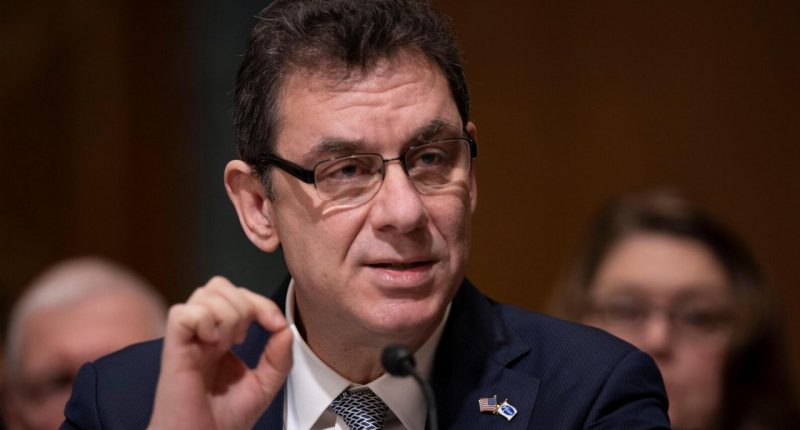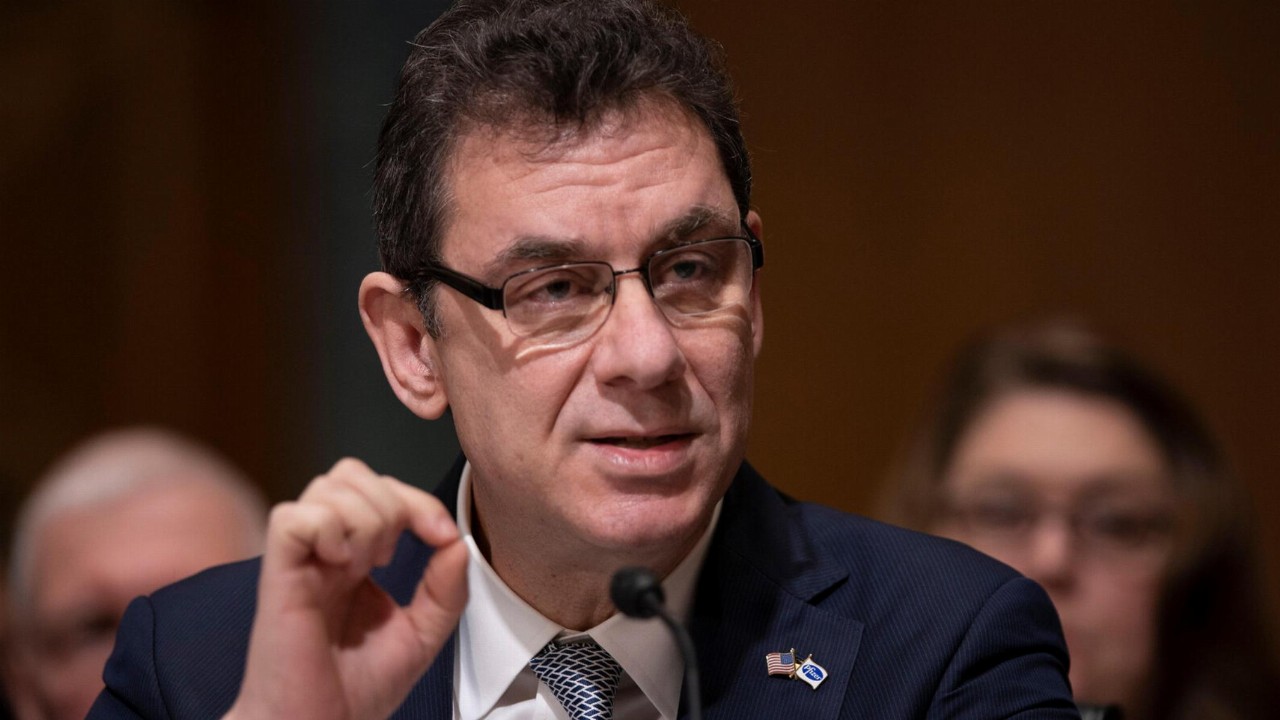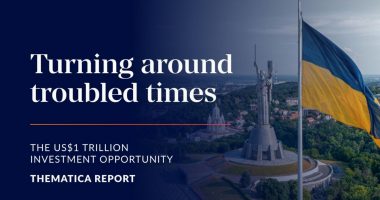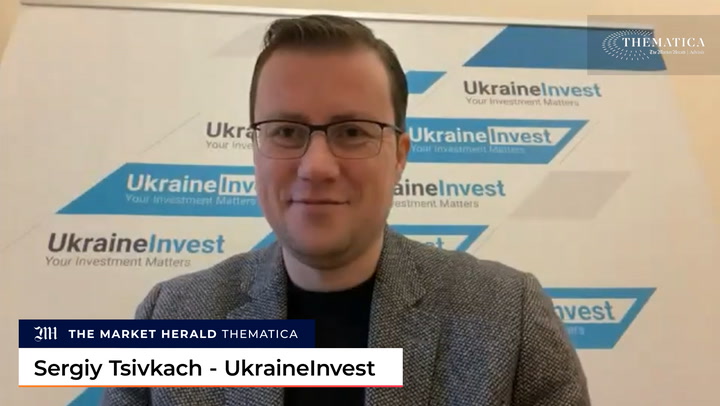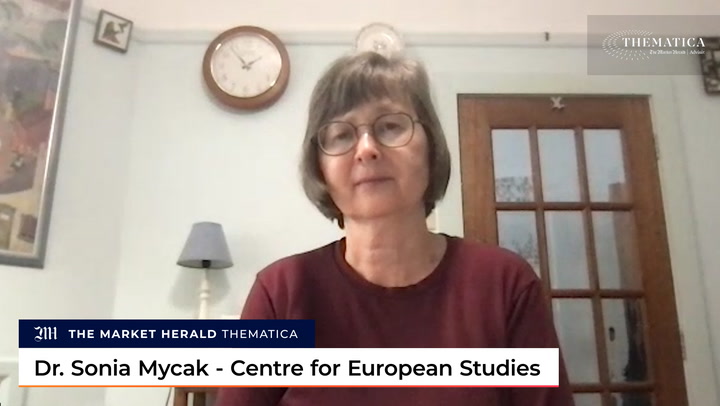- U.S. pharmaceutical giant Pfizer says its COVID-19 vaccine candidate has proven to be more than 90 per cent effective in preventing the virus
- An interim analysis of a Phase 3 clinical study involving almost 44,000 people was conducted by an independent data monitoring committee
- 42 per cent of these participants were enlisted from diverse backgrounds and no serious safety concerns have been identified so far
- Such an efficacy rate is well above the 50 per cent effectiveness required by the U.S. Food and Drug Administration (FDA) for a COVID-19 vaccine candidate
- Even if the vaccine is cleared by the FDA, doses may not be available before the end of this year
- Pfizer’s study remains ongoing, with a completion date estimated to be as early as mid-December
U.S. pharmaceutical giant Pfizer says its COVID-19 vaccine candidate has proven to be more than 90 per cent effective in preventing the virus, according to data from an extensive Phase 3 clinical study.
The interim analysis was conducted by an independent data monitoring committee, which looked at 94 infections recorded to date in a study of almost 44,000 people across the U.S. and five other countries.
42 per cent of these participants were enlisted from diverse backgrounds and no serious safety concerns have been identified so far.
Pfizer and its German partner BioNTech, however, cautioned that the initial protection rate could change by the end of the study. Nevertheless, the two companies plan on seeking U.S. emergency use authorisation later this month.
“Today is a great day for science and humanity,” said Dr. Albert Bourla, chairman and chief executive of Pfizer.
“We are reaching this critical milestone in our vaccine development program at a time when the world needs it most with infection rates setting new records, hospitals nearing over-capacity and economies struggling to reopen,” he added.
But, even if the vaccine is cleared by the U.S. Food and Drug Administration (FDA), authorities have stressed that it’s unlikely any doses will arrive long before the end of the year, and those that do will be rationed out.
That said, the shots made by Pfizer and BioNTech are among 10 other possible candidates currently in late-stage development, four of which are engaged in major U.S.-based studies.
Moderna, for example, has said it also hopes to file an application with the FDA later this month.
Dr. Anthony Fauci, the U.S. government’s top infectious disease expert, said the 90 per cent effectiveness is “just extraordinary.”
“It’s going to have a major impact on everything we do with respect to COVID,” he added.
Such an efficacy rate is well above the 50 per cent effectiveness required by the FDA for a COVID-19 vaccine candidate.
With more than 50 million cases worldwide and in excess of one million deaths, the news of Pfizer’s potential vaccine drove a 10 per cent jump in the US$222-billion ( roughly A$305-billion) company’s share price.
North American gold companies, on the other hand, were not so lucky. Since gold thrives in unstable markets as a renowned safe haven for investors, forecasts of a more stable global economy that would be likely with a reliable vaccine drove gold prices down by US$100 (A$137).
This plunge, in turn, saw the likes of Barrick Gold, Agnico Eagle Mines and Kinross Gold drop 10 per cent on the New York Stock Exchange, while the US$53-billion (A$73-billion) gold behemoth Newmont fell almost seven per cent early in the day.
Pfizer’s study remains ongoing, with a completion date estimated to be as early as mid-December.

